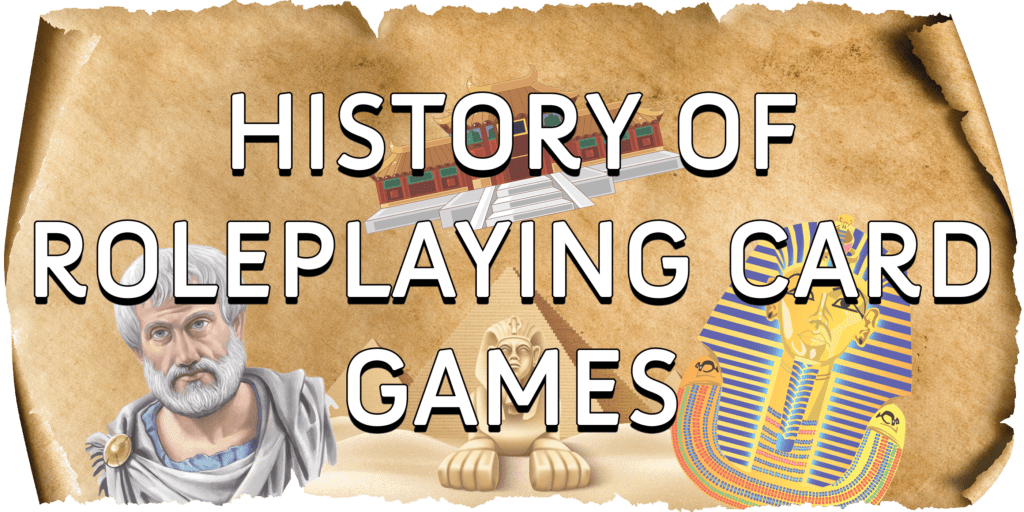
Introduction:
In a world where imagination knows no bounds, roleplaying card games have captivated players for decades. These immersive games allow individuals to step into the shoes of fantastical characters, embark on epic adventures, and weave intricate narratives. Join us as we embark on a journey through the rich history of roleplaying card games, tracing their origins, evolution, and enduring popularity.
Origins of Roleplaying Card Games:
The roots of roleplaying card games can be traced back to the early 20th century, with the emergence of tabletop roleplaying games (RPGs). Games like Dungeons & Dragons (D&D), created by Gary Gygax and Dave Arneson in the 1970s, laid the foundation for the genre. While not strictly card-based, these games introduced the concept of players assuming the roles of characters and engaging in collaborative storytelling.
The Rise of Collectible Card Games (CCGs):
In the early 1990s, a new wave of roleplaying card games emerged with the advent of collectible card games (CCGs). Richard Garfield’s groundbreaking game, Magic: The Gathering, revolutionized the genre. Magic introduced the concept of customizable decks, where players could strategically build their own decks using a vast array of cards with unique abilities. The success of Magic paved the way for numerous other CCGs, including Pokémon, Yu-Gi-Oh!, and Hearthstone.
Narrative-driven Card Games:
As the popularity of roleplaying card games grew, game designers began exploring new avenues to enhance the storytelling aspect of the genre. Narrative-driven card games, such as Arkham Horror: The Card Game and Gloomhaven: Jaws of the Lion, emerged, offering players immersive experiences with branching storylines, character development, and cooperative gameplay. These games combine the strategic elements of card play with immersive narratives, creating unforgettable gaming experiences.
Deck-Building Games:
Deck-building games, a subgenre of roleplaying card games, gained popularity in the late 2000s. In these games, players start with a basic deck of cards and gradually improve it by acquiring new cards throughout the game. Dominion, designed by Donald X. Vaccarino, is often credited as the pioneer of deck-building games. Its success led to the development of other popular titles like Ascension and Legendary: A Marvel Deck Building Game.
Roleplaying Card Games in the Digital Age:
With the advent of digital technology, roleplaying card games have found a new platform for exploration. Digital adaptations of popular card games, such as Hearthstone and Gwent, have gained immense popularity, allowing players to engage in card battles with opponents from around the world. Additionally, mobile apps and online platforms have made roleplaying card games more accessible than ever, enabling players to enjoy their favorite games anytime, anywhere.
Conclusion:
Roleplaying card games have come a long way since their humble beginnings. From the early days of tabletop RPGs to the rise of CCGs and the advent of digital adaptations, these games continue to captivate players with their immersive storytelling, strategic gameplay, and endless possibilities. Whether you’re a seasoned player or new to the genre, roleplaying card games offer a gateway to worlds of imagination and adventure that will leave you spellbound. So gather your cards, assemble your party, and embark on a journey that will ignite your imagination like never before.
Share via:



